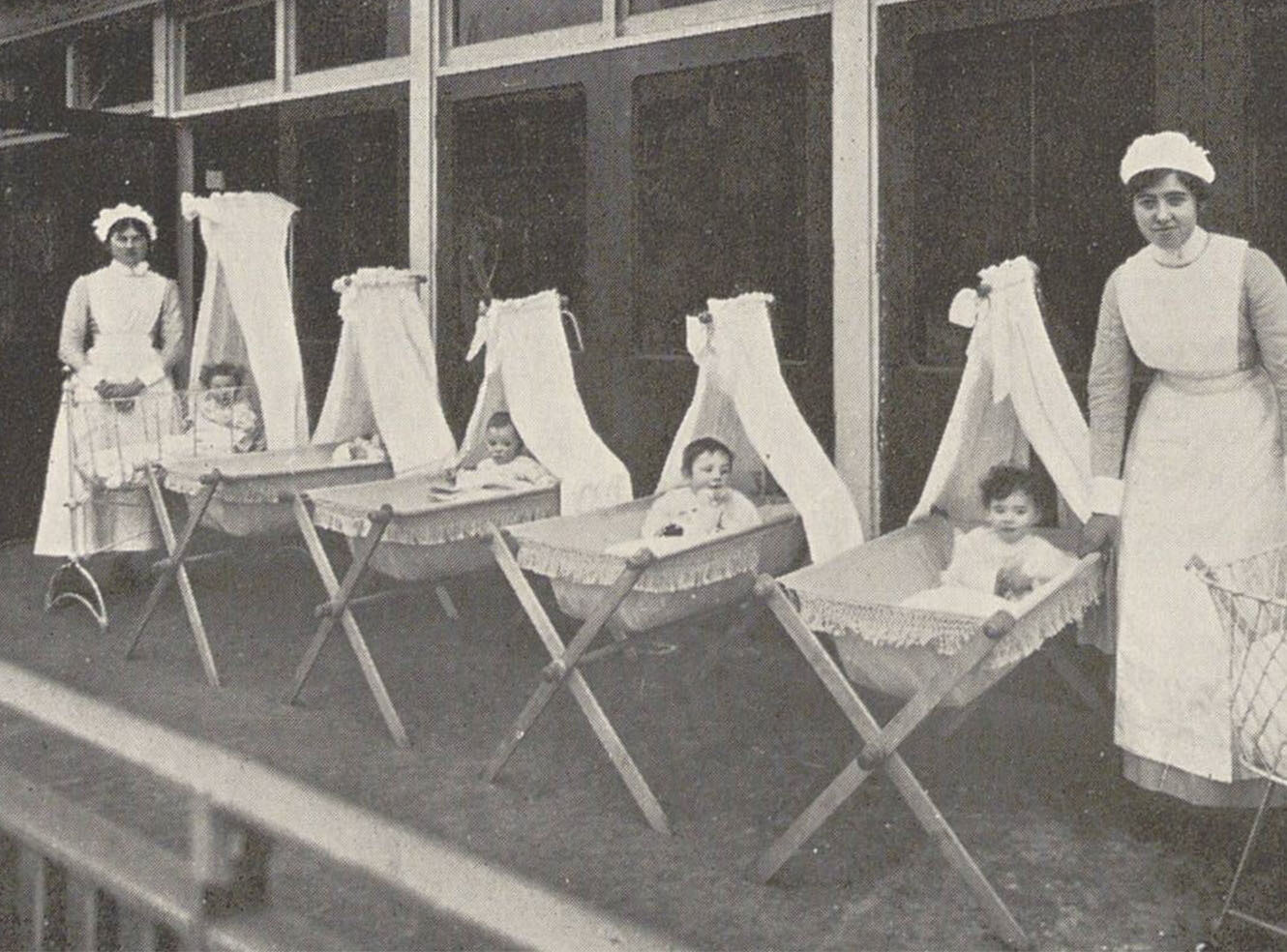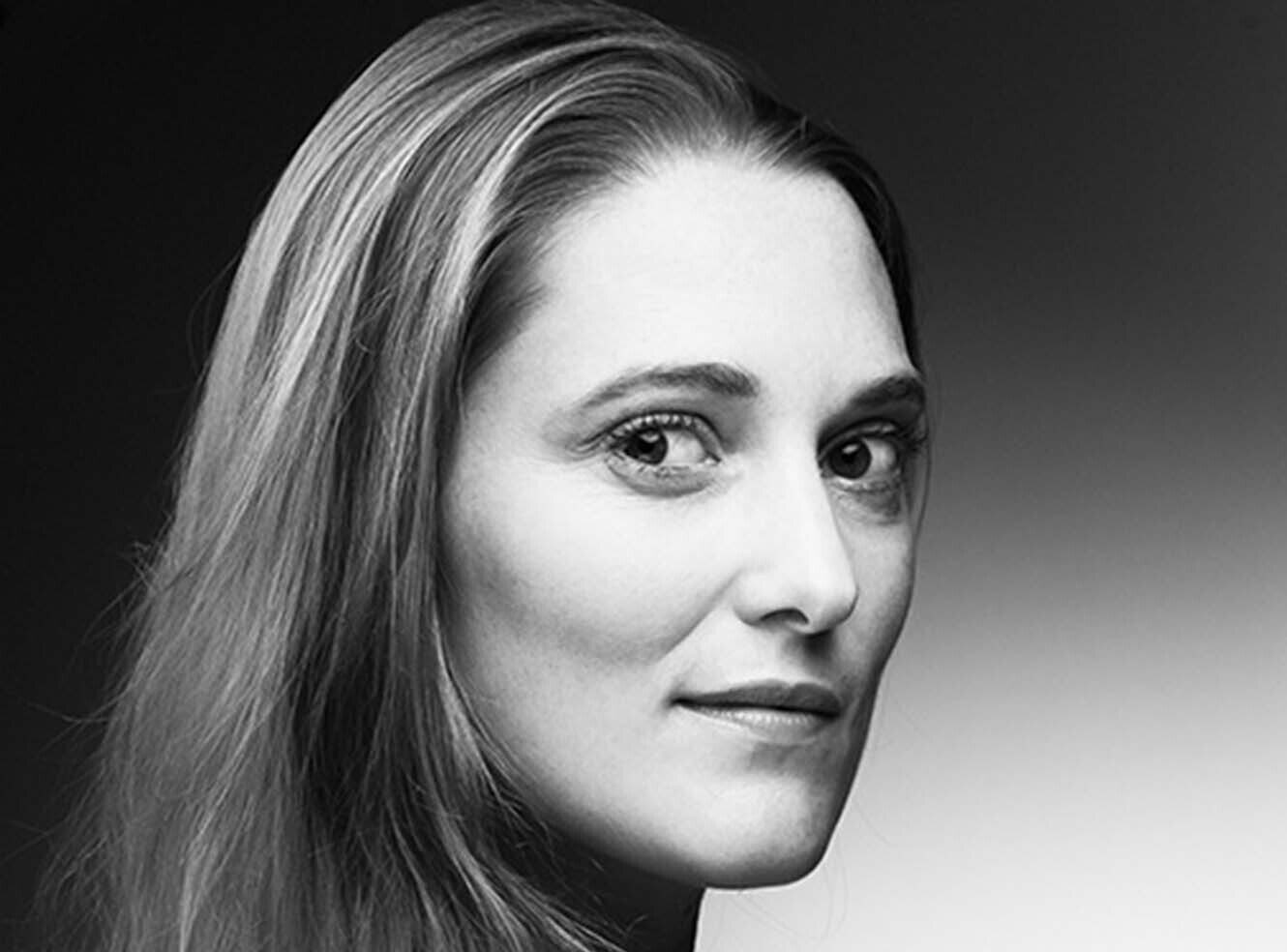Handwritten Text Recognition Technology added to Literary Print Culture
HANDWRITTEN TEXT RECOGNITION TECHNOLOGY ADDED TO THE ENTRY BOOK OF COPIES FROM THE STATIONERS’ COMPANY ARCHIVE, LONDON.
Literary Print Culture, released in September 2017, made the archive of the Stationers’ Company, London digitally available to literary scholars and students. The archive of the Stationers’ Company is widely regarded as one of the most important sources for studying the history of the book, publishing and copyright. Included within this unique collection is the vitally important Entry Book of Copies, or as they are also known, the Stationers’ Company Registers. The Stationers’ Company Registers are the single most comprehensive record of all printed works registered in England until the mid-nineteenth century. The registers provide much unique information about literary and dramatic works, especially in the early modern period. Notable entries include Shakespeare’s First Folio, entered on November 8th, 1623. Adam Matthew Digital is excited to announce the addition of Handwritten Text Recognition (HTR) technology to the registers. This powerful new technology makes the registers searchable for the first time and allows users of the resource to delve even deeper into the documents.
For more information on Literary Print Culture please email info@amdigital.co.uk or request a free 30-day trial here.
Recent posts

AM’s new resource, A Global History of Epidemics, 1800-1970, offers interdisciplinary researchers unique primary sources, interactive tools from maps to timelines, and expert essays, to explore disease history, colonialism, and public health advancements within the British Empire and beyond.

